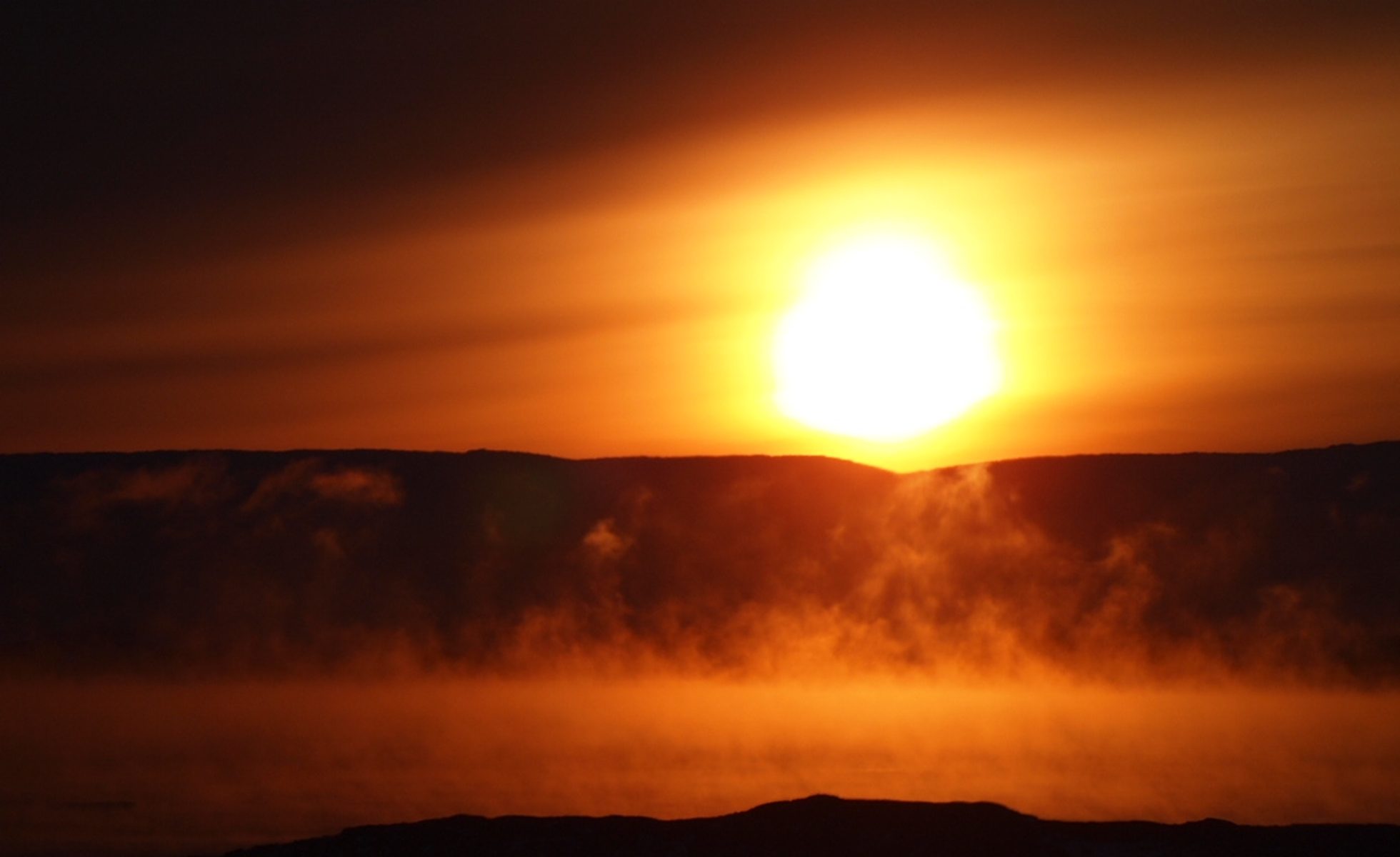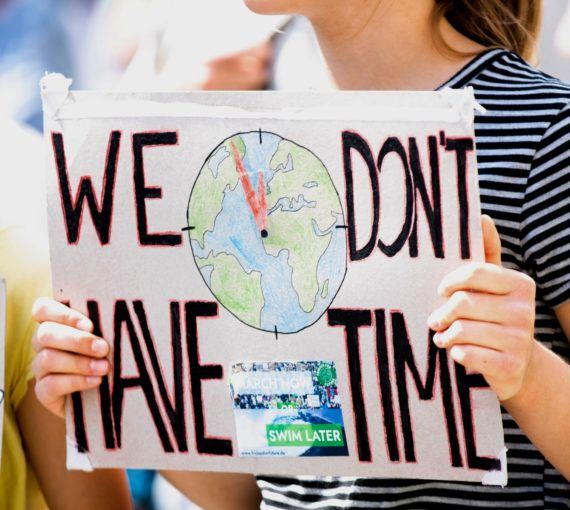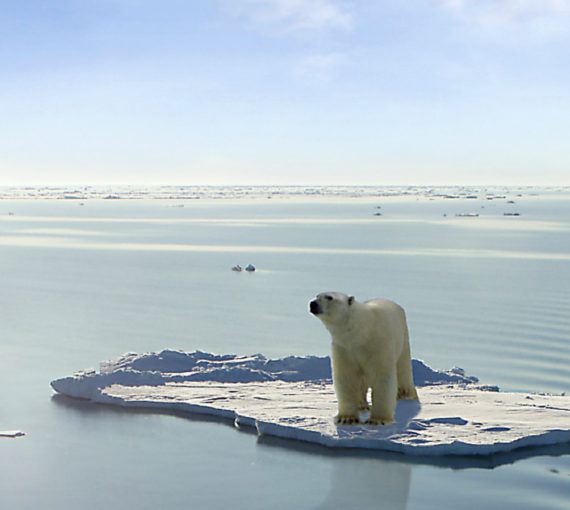
Even elected officials who speak to the necessity of reining in global heating continue to promote further fossil fuel development, ignoring alarming statistics about temperature rise and atmospheric greenhouse gas concentrations. (Photo: Fiona Paton via Flickr)
No amount of evidence is ever enough to convince climate science deniers — including the politicians among them. But new studies and observations should at least persuade those who profess to understand global heating but appear not to grasp its severity that it’s time to start deploying the many available solutions.
We’ve already pumped such huge volumes of greenhouse gases into the atmosphere and destroyed so many natural systems that sequester excess carbon that we’re missing the window to shift gradually to renewable energy and lighten our impact on Earth’s natural systems.
This year, Europe has reeled under the highest temperatures ever recorded, the Arctic is burning, cities in Africa and India are running out of water and more than half the U.S. has been under excessive heat warnings. Scientists say global average temperatures for June and July are the hottest on record. NASA and the National Oceanic and Atmospheric Administration report that nine of the 10 warmest years on record have occurred since 2005, and the past five years were the hottest — mainly because of human activity.
Do these records simply reflect natural cycles, as the “skeptics” would have us believe? No. Three recent studies published in Nature and Nature Geoscience show temperatures have not risen this quickly and extensively for at least 2,000 years. By examining evidence from proxy records such as tree rings, pollen trapped in lake mud, cave formations, ice cores and sediment from all continents, researchers concluded that periods like the Little Ice Age and the Medieval Warm Period were not global phenomena but localized shifts that affected less than half the world and varied over time and geography.
Many previous climatic shifts were caused by volcanic eruptions… but those don’t match the scale and speed of heating over the past few decades.
Many previous climatic shifts were caused by volcanic eruptions, which triggered different changes — mostly cooling — over different regions, but those don’t match the scale and speed of heating over the past few decades.
The research also confirms, along with many other studies, the 1998 “hockey stick” graph devised by scientists including Michael Mann at Penn State University, which showed a sharp spike in global temperatures starting in the 20th century.
“The familiar maxim that the climate is always changing is certainly true,” University of Minnesota, Minneapolis paleoclimatologist Scott St. George wrote in a Nature article. “But even when we push our perspective back to the earliest days of the Roman Empire, we cannot discern any event that is remotely equivalent — either in degree or extent — to the warming over the past few decades.” (St. George was not involved with the research.)
Despite the overwhelming evidence, many people we elect to represent our interests aren’t acting quickly enough — and some not at all. Even those who speak to the necessity of reining in global heating continue to promote further fossil fuel development, ignoring alarming statistics about temperature rise and atmospheric greenhouse gas concentrations.
Despite the overwhelming evidence, many people we elect to represent our interests aren’t acting quickly enough — and some not at all.
Youth climate activist Greta Thunberg recently told French politicians she never hears journalists, politicians or businessmen mention the dire numbers. “It’s almost like you don’t even know these numbers exist. As if you haven’t even read the latest IPCC report, on which much of the future of our civilization is depending. Or perhaps you are simply not mature enough to tell it like it is. Because even that burden, you leave to us children,” she said.
Rather than advocating for economic diversification and growing clean tech opportunities in the face of climate chaos and declining prospects for coal, oil and gas, many Canadian politicians continue to exaggerate the economic importance of dirty bitumen and fracked gas and downplay the negative consequences of processing, transporting and burning them. Even proven methods for slowing global heating, such as carbon pricing, have become contentious.
We no longer have time to piss around. There’s room for discussion about the most effective ways to address the climate crisis, but ultimately we have to deploy every solution available and keep developing new ones — including energy conservation and efficiency, carbon pricing, public transit, vehicle and industrial electrification, clean energy technologies, education and family planning to empower women and slow population growth, reducing consumerism and more.
If we want Earth to remain habitable for humans and other life that makes ours possible, we must make tough choices, promote solutions and become more politically engaged.



